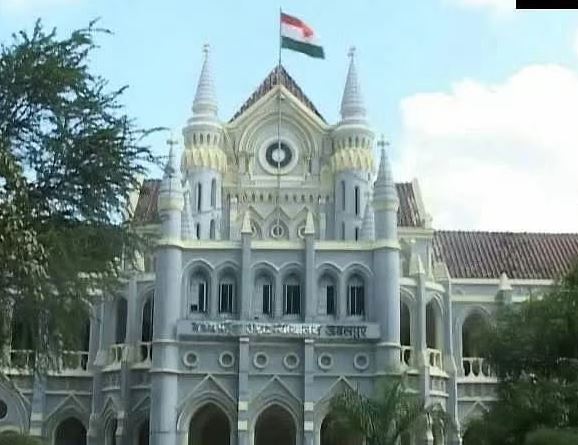Jabalpur: The Madhya Pradesh High Court has recently ruled that a marriage between a Muslim man and a Hindu woman is not valid under Muslim personal law, even if registered under the Special Marriage Act, 1954. This decision came while the court dismissed a plea for police protection to register their inter-faith marriage.
Justice Gurpal Singh Ahluwalia stated that such a marriage would be considered “irregular” under Muslim law, citing that the union between a Muslim man and a Hindu woman is not recognized as valid. The court’s order, dated May 27, clarified that this marriage would be deemed irregular (fasid) under Mahomedan law, even if performed under the Special Marriage Act.
The couple involved in this case had faced opposition from the woman’s family, who feared societal backlash. Additionally, the family accused the woman of taking jewelry from their home before eloping with her Muslim partner. The couple sought to marry under the Special Marriage Act without converting to each other’s religions.
Their counsel argued that an inter-religious marriage should be valid under the Special Marriage Act, which should take precedence over personal religious laws. However, the court disagreed, emphasizing that the Special Marriage Act does not legalize marriages prohibited under personal laws.
Justice Ahluwalia referred to Section 4 of the Special Marriage Act, which stipulates that marriages can only be performed if the parties are not within a prohibited relationship. The court also noted that the couple did not wish to enter a live-in relationship or change their respective religions, further weakening their plea.
PNN
